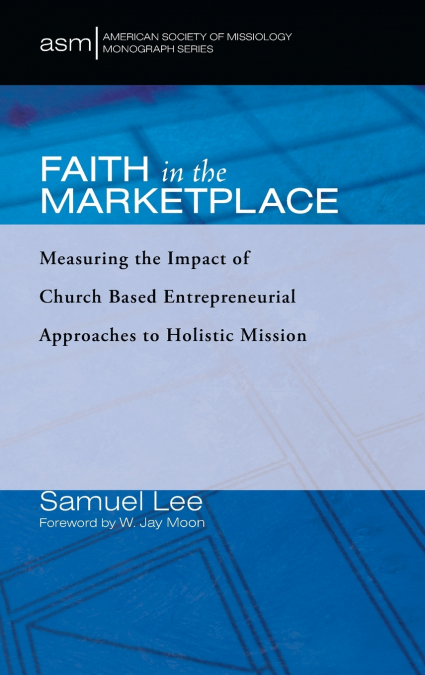
 Librería Perelló (Valencia)
Librería Perelló (Valencia)
 Librería Aciertas (Toledo)
Librería Aciertas (Toledo)
 El AlmaZen del Alquimista (Sevilla)
El AlmaZen del Alquimista (Sevilla)
 Librería Elías (Asturias)
Librería Elías (Asturias)
 Librería Kolima (Madrid)
Librería Kolima (Madrid)
 Donde los libros
Donde los libros
 Librería Proteo (Málaga)
Librería Proteo (Málaga)
Contemporary missions often include evangelistic and socio-economic dimensions. For effective missions, some way of assessing what is being achieved is needed beyond just the common metrics touching on the spiritual and/or economic which neglects social transformation that ideally should also be occurring. This book seeks to identify key factors for holistic evaluation based on salient characteristics that emerged as three Entrepreneurial Church Planting sites were studied in San Francisco (Redeemer Community Church), Selma, Alabama (Blue Jean Church), and Lynch, Kentucky (Meridzo Ministries). What emerges from these case studies is the importance of relationality, general emphasis on growth and development, and a well-established focus on holistic transformation. The mechanisms for the operation of holistic transformation are spelled out to reflect the operation of the three actors of the Trinity in missions. The practical component of the book is the conceptual framework that reveals the operation of holistic transformation and ways to measure the dynamic relationships that occur.